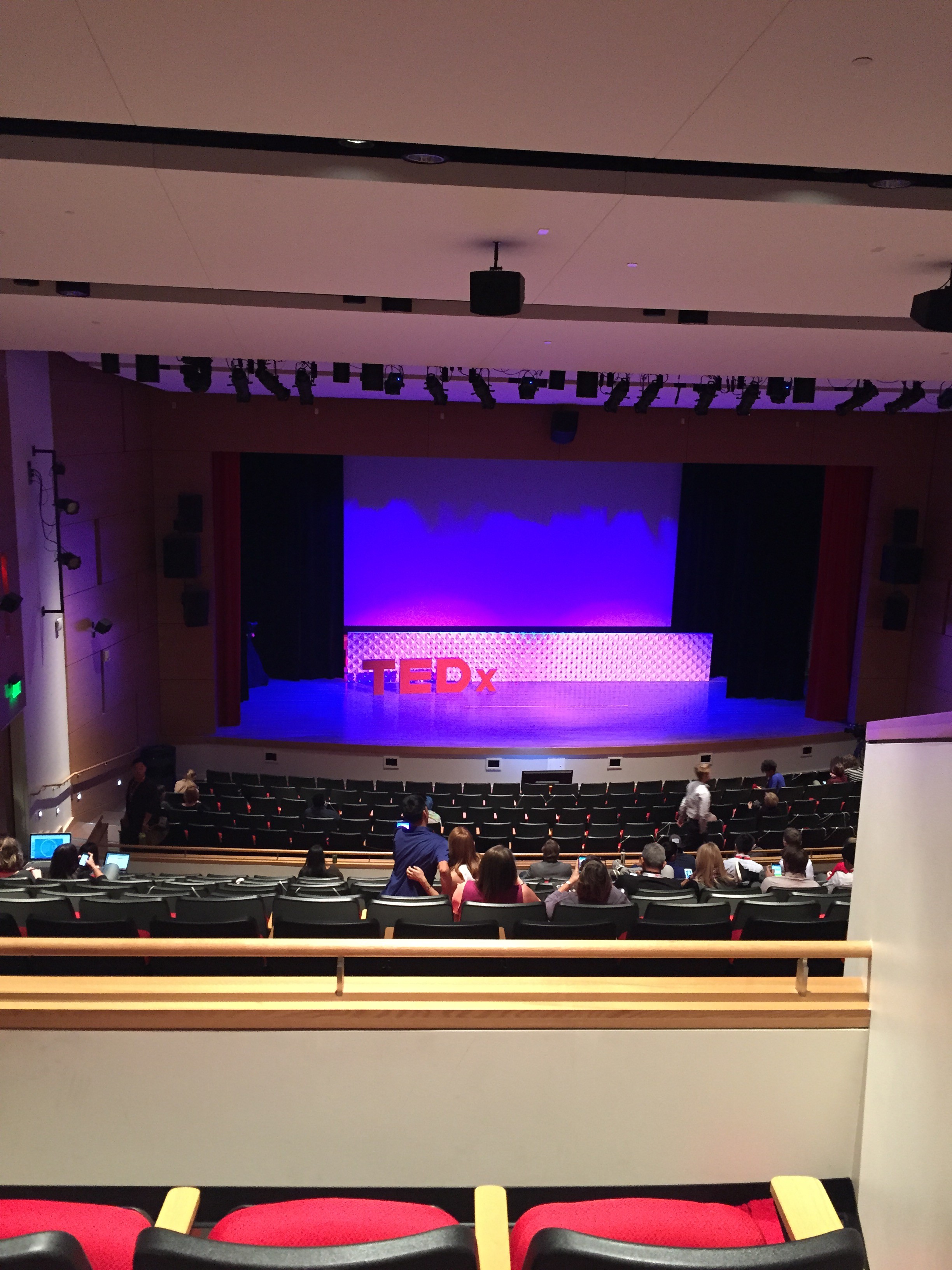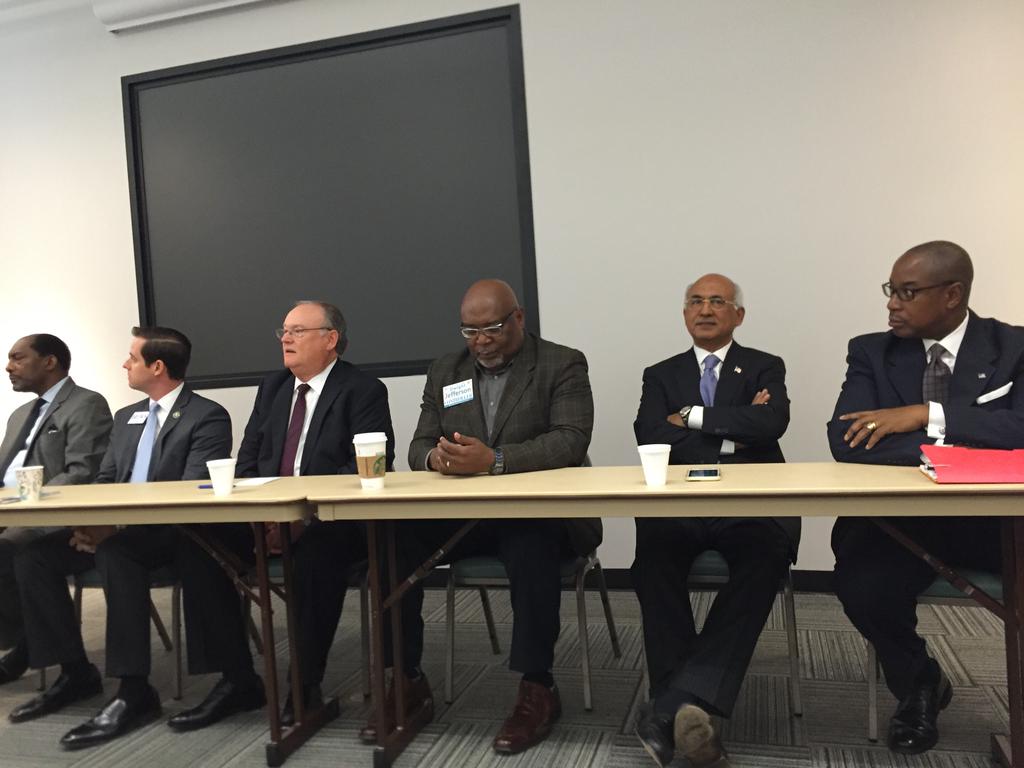If you haven’t heard of TED yet, it’s a nonprofit organization devoted to Ideas Worth Spreading. The main conference is held in California and was started 25 years ago, and it’s influence has been growing exponentially since then. All other TED events are called TEDx and are independently organized TED-like events with the same mission. These events often discuss science, technology, education and communication and have been known to spark innovation and social change by providing the opportunity to shed light on less known facts and causes that are happening at a local level.
I had the pleasure of attending the TEDxHouston 2015 event this year, where there were several talks highlighting themes of social change, innovation and technology.
Teresa O’Donnell, Founder of Plant It Forward , spoke of her professional life as an entrepreneur. In an effort to do more community work through her company, she studied and became more informed on the plight of refugees coming to America. For those who seek refuge in this country, it takes a minimum of 5 years to achieve that status. A refugee must prove that conditions in their home country are incredibly difficult (persecution and war)and that it has become impossible for them to return home without fearing for their lives. Houston, Texas in particular has received a large number of these refugees. Once the refugees arrive in the United States, they face the confounding problem of not speaking the dominant language, as well as not having transferable work skills.
To solve this problem, Plant It Forward partners with social and church groups to provide land and tools to refugees who settle in Houston with few other skills besides farming. Houston now has a growing community of organic gardens that sell fresh fruit farmed by refugees at local farmers markets. Through Plant It Forward farms, refugees have the opportunity to build a life for themselves and their family while enriching the city with their farming skills.
Enriching the city was a theme that arose continually throughout the day. Susan Rogers focused on community development and city planning; she works as a designer, professor and director of the Community Design Resource Center (CDRC) in Houston. The CDRC’s goal is to use design to enhance change in the community and are focused on serving the public interest by improving the development of all communities. She spoke specifically about the economic disparities existing between the eastern and western half of the city, and how this is reflected in the design and therefore service of the communities. By preserving the culture and uniqueness of all neighborhoods, it improves other public services that cater to their residents, thereby raising the standard of life for all.
Talks like these are not just happening in the United States, they happen all over the world. In 2015 there are over 3000 Ted events scheduled with talks about everything from education, to medicine, to life and career.
If you don’t have time to attend a TED event, you can easily watch a recording which is available for free at TED.com. Talks are even arranged by topic and influence in convenient playlists.
The true power of TED comes from the opportunity to see the world through someone else’s eyes, and become aware of possibilities that you may not have known existed. TED provides a platform to bring to light issues that are too often not discussed and gives insight into the wonder of the human spirit, reminding us how truly amazing it is to reimagine the world the way that we believe it should be.
Photo via: Ted.com



